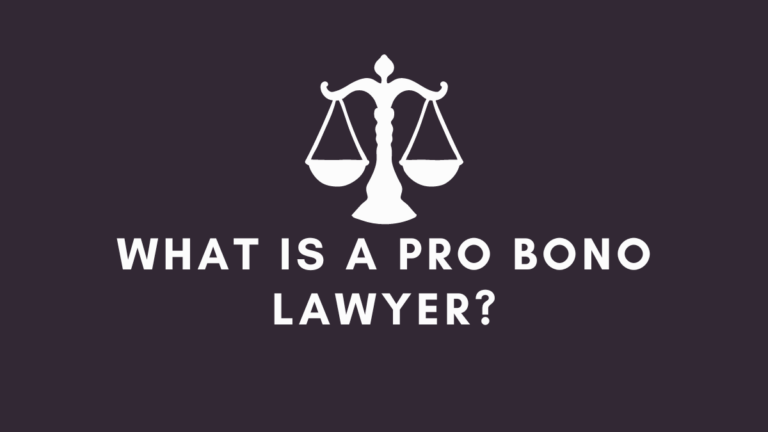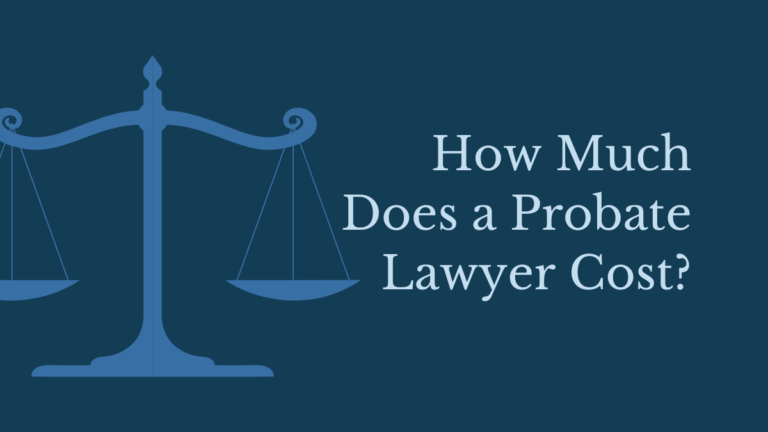What is a Corporate Lawyer?
A corporate lawyer is a lawyer who specializes in the law governing corporations. Corporate lawyers typically work for large law firms or in private practice. They may advise companies on mergers and acquisitions, board formation and governance, securities law, or other legal issues.
Table of Contents
Definition of Corporate Lawyer
A corporate lawyer is a lawyer who practices law in the context of corporations. Corporate law typically involves advising corporations on legal matters, such as mergers and acquisitions, contract negotiations, and intellectual property protection. Corporate lawyers may also work on cases related to securities law or bankruptcy.
Role of Corporate Lawyers
Corporate lawyers play a crucial role in providing legal counsel and guidance to businesses and corporations. Their primary responsibilities include:
- Business Formation: Corporate lawyers assist in the formation of new businesses by helping owners choose the appropriate legal structure, such as LLCs, corporations, partnerships, or sole proprietorships, based on the business’s needs and goals.
- Regulatory Compliance: Corporate lawyers ensure that businesses comply with relevant laws, regulations, and industry-specific guidelines. They monitor changes in laws and advise companies on adapting to new legal requirements.
- Contracts and Agreements: Drafting, reviewing, and negotiating contracts and agreements is a fundamental aspect of a corporate lawyer’s role. These may include partnership agreements, vendor contracts, employment agreements, and more.
- Mergers and Acquisitions: Corporate lawyers facilitate mergers, acquisitions, and corporate restructuring, guiding clients through complex transactions and ensuring compliance with legal and regulatory requirements.
- Intellectual Property Protection: They assist in protecting intellectual property rights through patents, trademarks, copyrights, and trade secrets to safeguard a company’s innovations and assets.
- Corporate Governance: Corporate lawyers advise boards of directors and executives on matters of corporate governance, ethics, and fiduciary duties to ensure compliance with corporate laws and maintain transparency and accountability.
- Litigation and Dispute Resolution: In the event of legal disputes or litigation, corporate lawyers represent businesses in court or alternative dispute resolution processes to protect their interests and resolve conflicts.
- Employment Law: They provide guidance on employment-related issues, including labor laws, employment contracts, employee benefits, and handling employee disputes.
Corporate lawyers are essential in safeguarding a company’s legal interests, facilitating business transactions, and navigating the complex legal landscape that corporations operate within, contributing significantly to the success and compliance of businesses in their respective industries.
Types of Corporate Lawsuits
Corporate law is the body of law that governs the operations and governance of companies. Corporate law includes such matters as corporate formation, management, contracts, and corporate rights. The main purpose of corporate law is to protect shareholders’ interests by ensuring that companies are run responsibly and in the best interests of their shareholders. Corporate law also regulates business competition and provides guidance on how businesses should be operated in order to avoid antitrust issues.
Protecting Your Company’s Assets
A Corporate Lawyer helps protect your company’s assets, including its intellectual property, by ensuring that the company’s legal documents and agreements are in compliance with applicable law. They can also help to negotiate contracts and agreements, and represent the company in court if necessary. A Corporate Lawyer can also provide advice on mergers and acquisitions, as well as other business matters.
Investigating Potential Law Violations
A corporate lawyer is a legal professional who specializes in advising businesses on their legal matters, including drafting and negotiating contracts, representing the company in court, and providing other legal counsel. Corporate lawyers typically have a law degree from a prestigious university and years of experience in the legal field. They may also have specialized training in business law or securities law.
Conclusion
A corporate lawyer is a professional who represents companies in legal matters, such as contract negotiations, litigation, and business transactions. A corporate lawyer can also advise companies on various law-related matters, such as securities regulation and taxation. Corporate lawyers typically have a degree in law from an accredited university and several years of experience practicing law.






